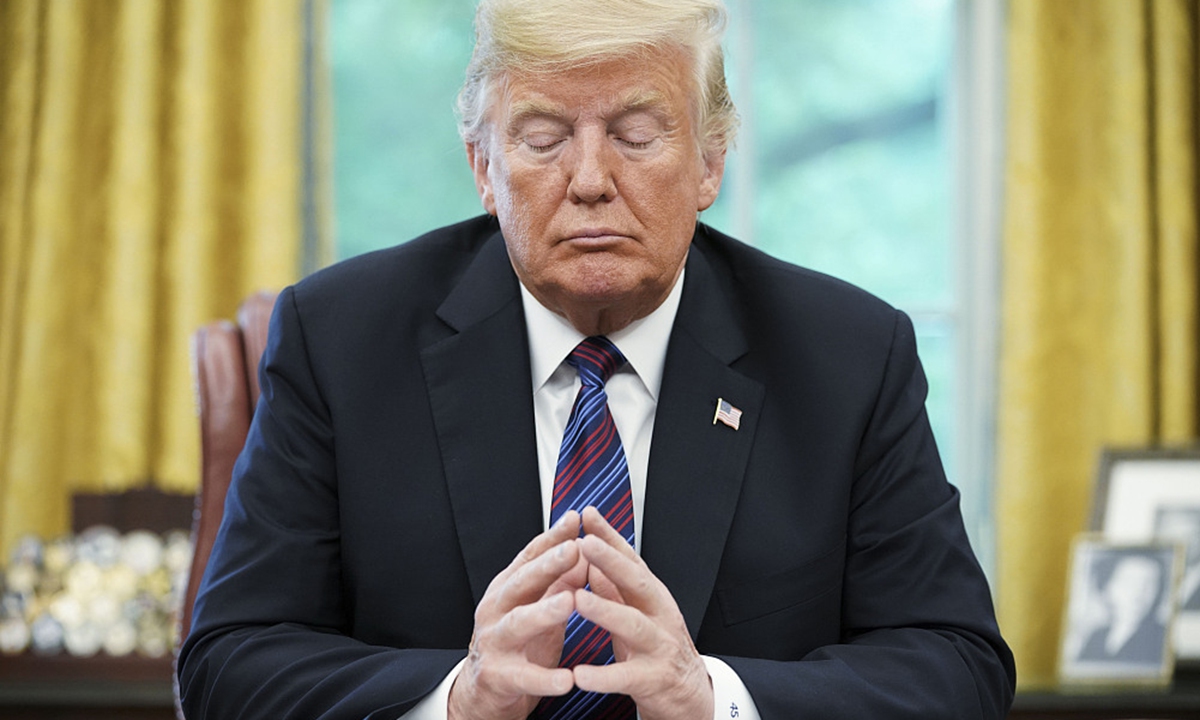THE Malaysian property market, despite still navigating the shocks of the Covid-19 pandemic from last year, is expected to perform better in 2021.
PPC International managing director Datuk Siders Sittampalam says while the pandemic “isn’t going to go away” soon, he is optimistic that the property market will find a way to “work around it.”
PPC International managing director Datuk Siders Sittampalam.
“The fear of the pandemic will not end anytime soon. It will take a while for everyone to go back to their normal live.
“With that said, people are going to have to work around it. You can’t expect to be placed under cold storage for too long. Life needs to go on and the real estate segment is the same,” he tells StarBizWeek.
While the vaccine will be available soon, he emphasises that things will not go back to pre-pandemic conditions overnight.
“A sustainable model will need to be put in place for the local property market to work through the pandemic. Eventually, everyone will need to find what works best for them to be able to cope in this challenging environment.”Siders says the concept of working from home (WFH), which has become the norm, could change the mindset of housebuyers going forward.
“The WFH concept has fuelled the demand for properties that don’t just serve as homes, but also working spaces. Gone may be the days where a single bedroom apartment was more than sufficient.
“Now, there will likely be demand for larger properties that can double-up as your office.”
TA Securities, in a recent report, shared a similar sentiment.
“Demand for landed property remains resilient as we saw recent launches at (S P Setia Bhd’s) Alam Impian and Setia Alam achieved commendable take-up rates of more than 90%. Meanwhile, S P Setia sees a pent-up demand for larger homes as remote working options gain traction after the movement control order (MCO).
“Similarly, the trend of opting for bigger space is also observed in Singapore, as we saw a surge in buying interest at Daintree Residence, Singapore. This project was only 30% sold after two years of launch. However, the take-up rate shot up to 90% when the sales gallery reopened after circuit breaker was lifted.”
Despite the implementation of a second MCO, Siders is optimistic that any repercussions on the property sector will not be as bad as the first one that was implemented in March last year.
“I think the market will be better than last year. Activity has not come to a full standstill like the first MCO.
“The sudden shock during the first MCO is not reflected in the current one. Generally, the market will be better than last year,” he says.
Meanwhile, Knight Frank Malaysia managing director Sarkunan Subramaniam says the performance of the residential market is very much dependent on how the economy moves forward.
“The anticipated commercial rollout of the Covid-19 vaccine by the first half of this year will certainly boost the hopes for the country’s economic recovery and lift overall consumer sentiment.
“However, the current ongoing political uncertainties amid the worsening Covid-19 have led property buyers as well as developers to rethink their future plans and strategies. The residential market is expected to remain challenging in the first half of 2021,” he says in a recent statement.
Slight recovery
Sarkunan says the residential market showed a slight recovery post the first MCO last year with selected developers reporting improved bookings, supported by the low interest rate environment and pent-up demand.
“The reintroduction of the Home Ownership Campaign (HOC), coupled with several stimulus packages as well as the initiatives tabled under Budget 2021, offered a ray of hope for the sluggish residential market.
“However, the recent spike of Covid-19 cases, which led to the implementation of the second MCO, will likely derail market recovery in the short term.”
The government reintroduced the HOC in June last year under the Short-Term Economic Recovery Plan (Penjana). Under the campaign, stamp duty exemption will be provided on the transfer of property and loan agreement for the purchase of homes priced between RM300,000 and RM2.5mil.
Meanwhile, the exemption on the instrument of transfer is limited to the first RM1mil of the home price, while full stamp duty exemption is given on loan agreement effective for sales and purchase agreements signed between June 1 to May 31, 2021.
In addition, the government has announced real property gains tax exemption for Malaysians for the disposal of up to three properties between June 1, 2020 and Dec 31, 2021.
The HOC was kicked off in January 2019 to address the overhang problem in the country.
The campaign, which was initially intended for six months, was extended for a full-year.
Better outlook
The HOC proved successful, having generated total sales of RM23.2bil in 2019, surpassing the government’s initial target of RM17bil.
Maybank Investment Bank Research (Maybank IB) in a recent report says the local property sector is poised for recovery in 2021, driven by a better economic outlook and historically low interest rate environment, as well as pent-up demand.
“In our view, first half 2021 sales should perform better than the second half,as we expect a spike in sales before the end of the HOC and better political stability during the State of Emergency until Aug 1.”
Maybank IB adds that the imposition of the MCO this year should have a lower damage impact on sales as compared with the first MCO last year.
This is because most developers have acclimated to the “new norm” and accelerated their efforts to market their products via the digital platforms.
“A few developers told us that 50% to 70% of their 2020 sales were derived from the online platforms. Construction works are allowed during the MCO as long as approvals are obtained after registering with the Covid-19 Intelligent Management System and adhering to the standard operating procedure, hence, limiting the impact on first quarter 2021 earnings.”
Related:
Do we still need an office?
RCEP to boost our property market
Better to buy a car or a house first?
Leaving a legacy by buying a house first before a luxury car ...














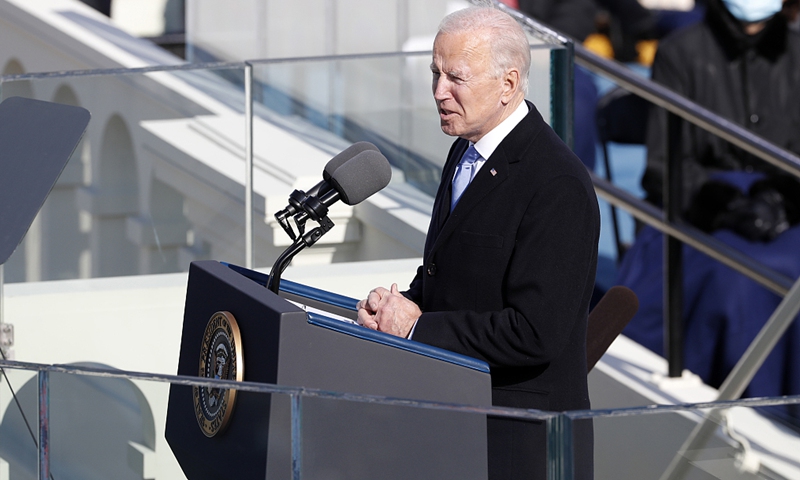
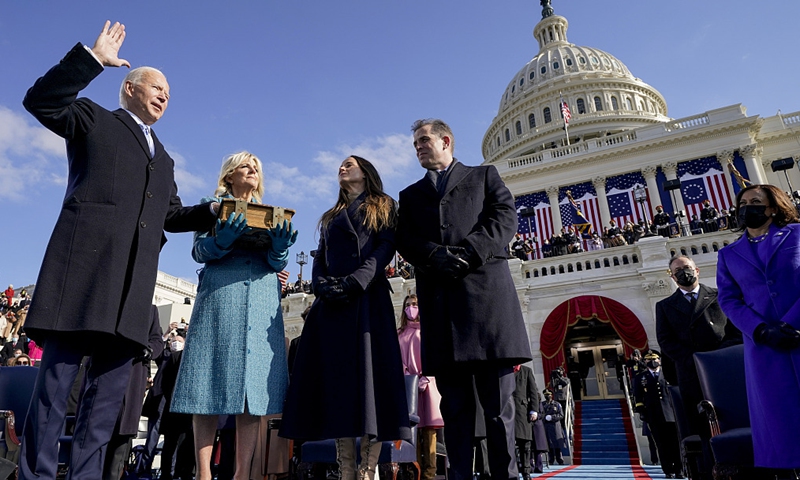
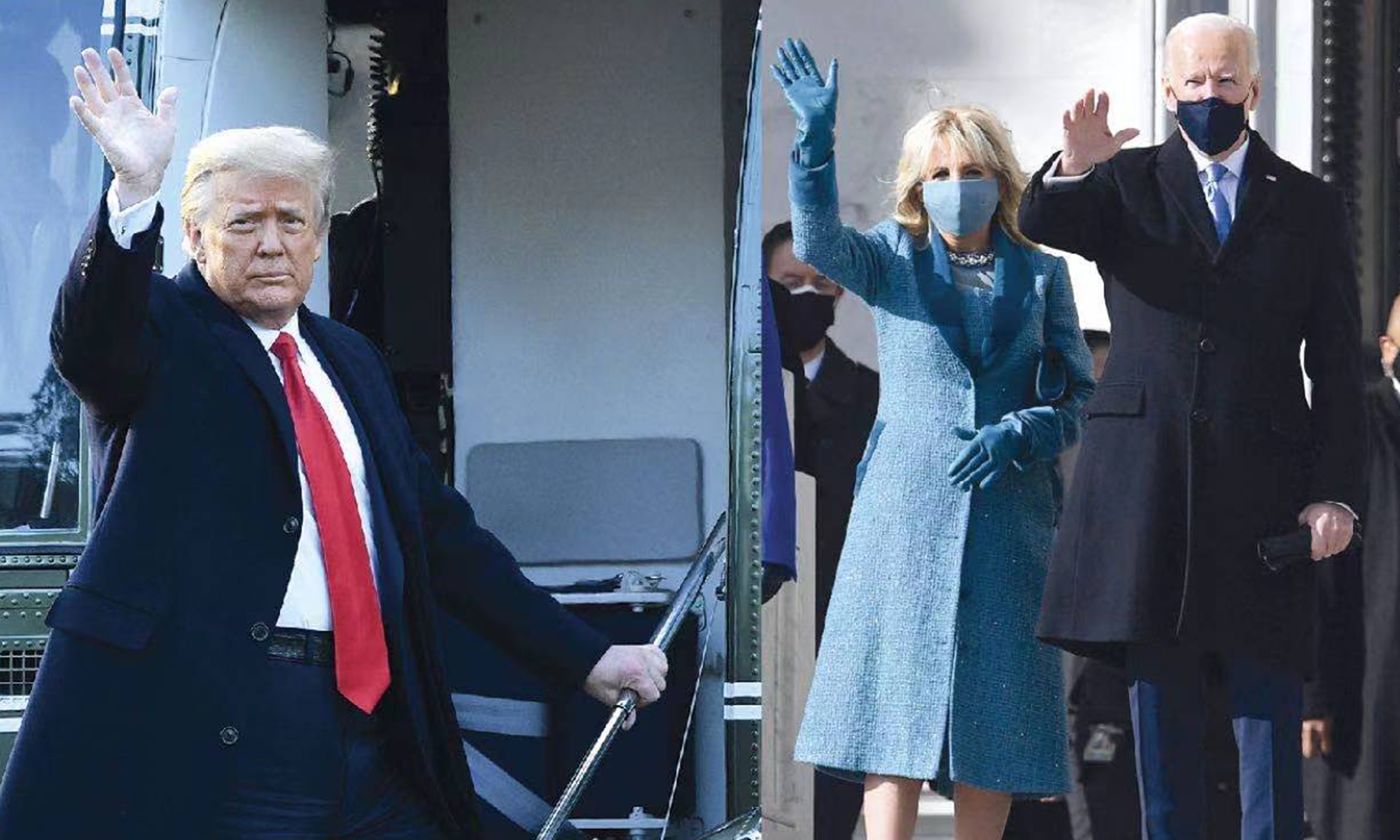
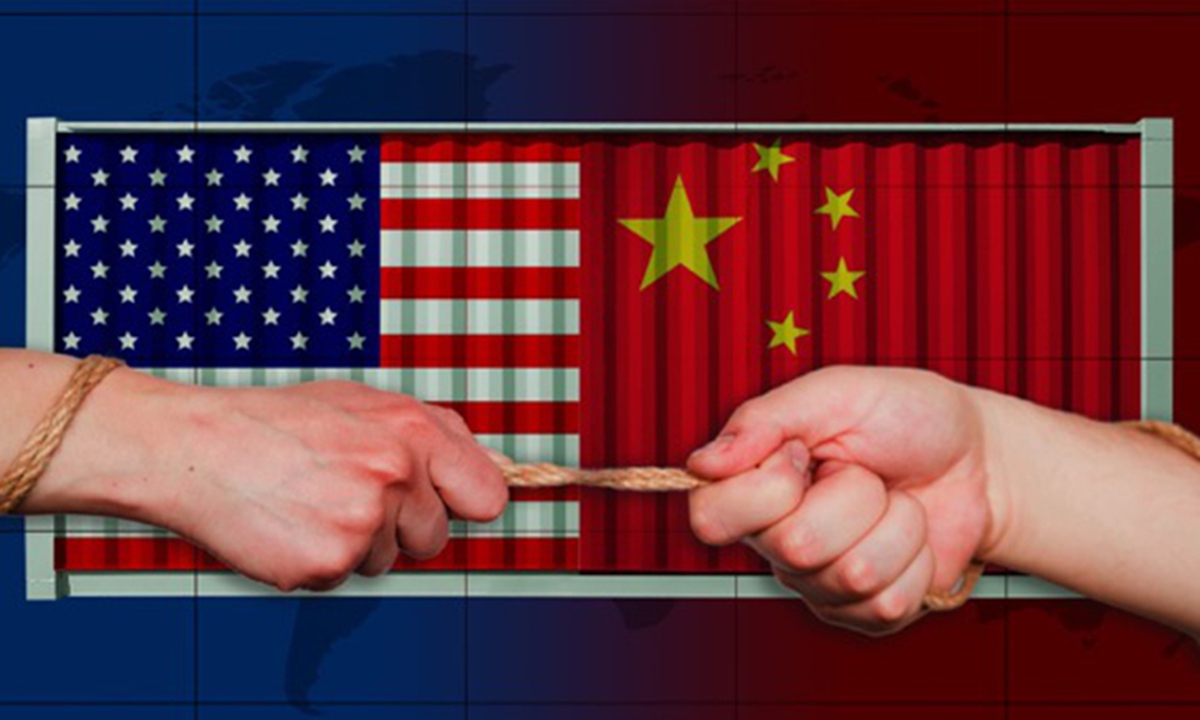
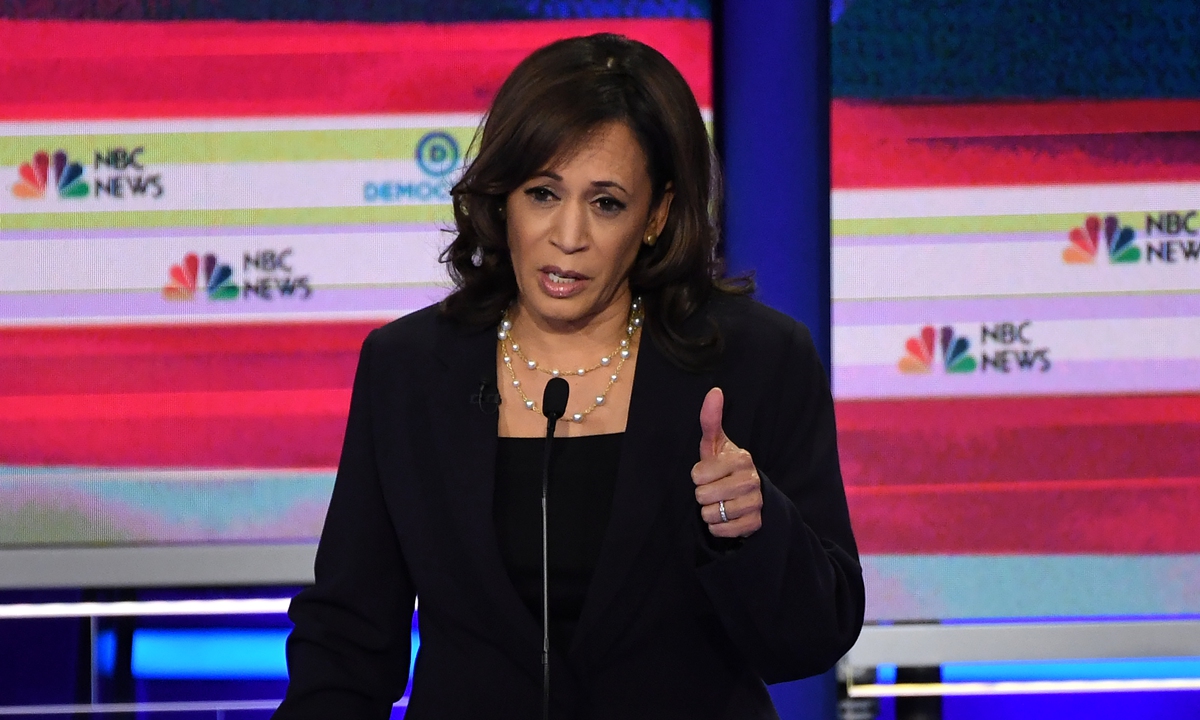


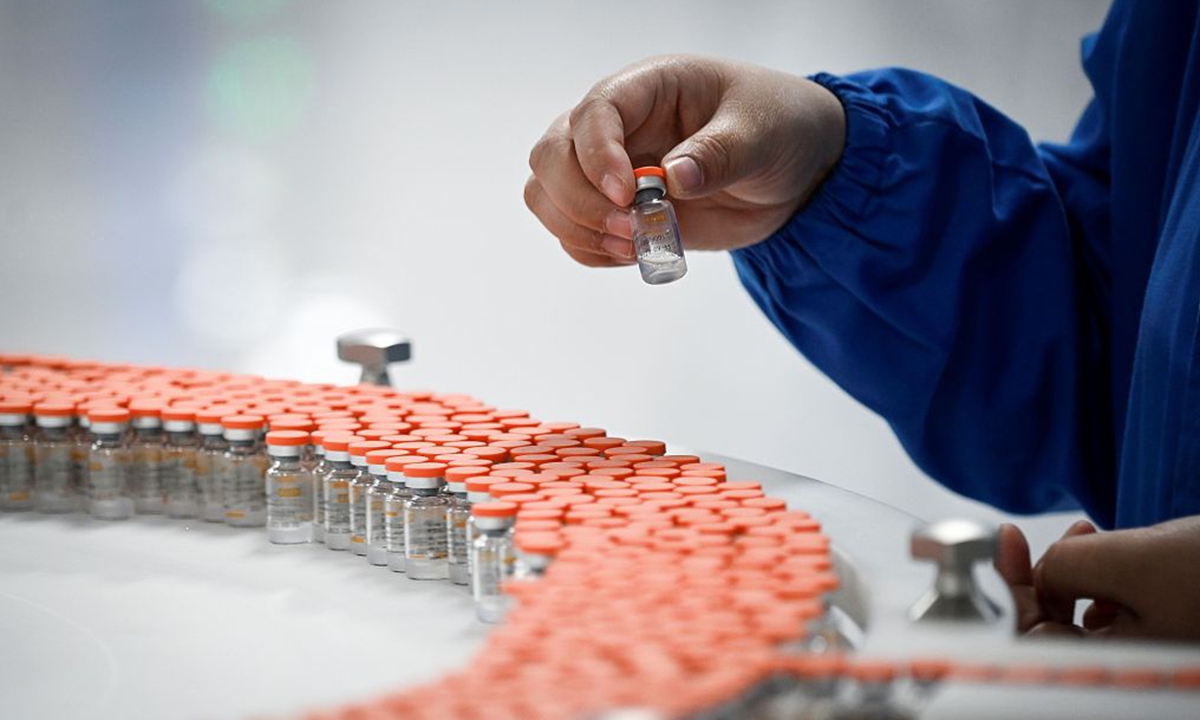
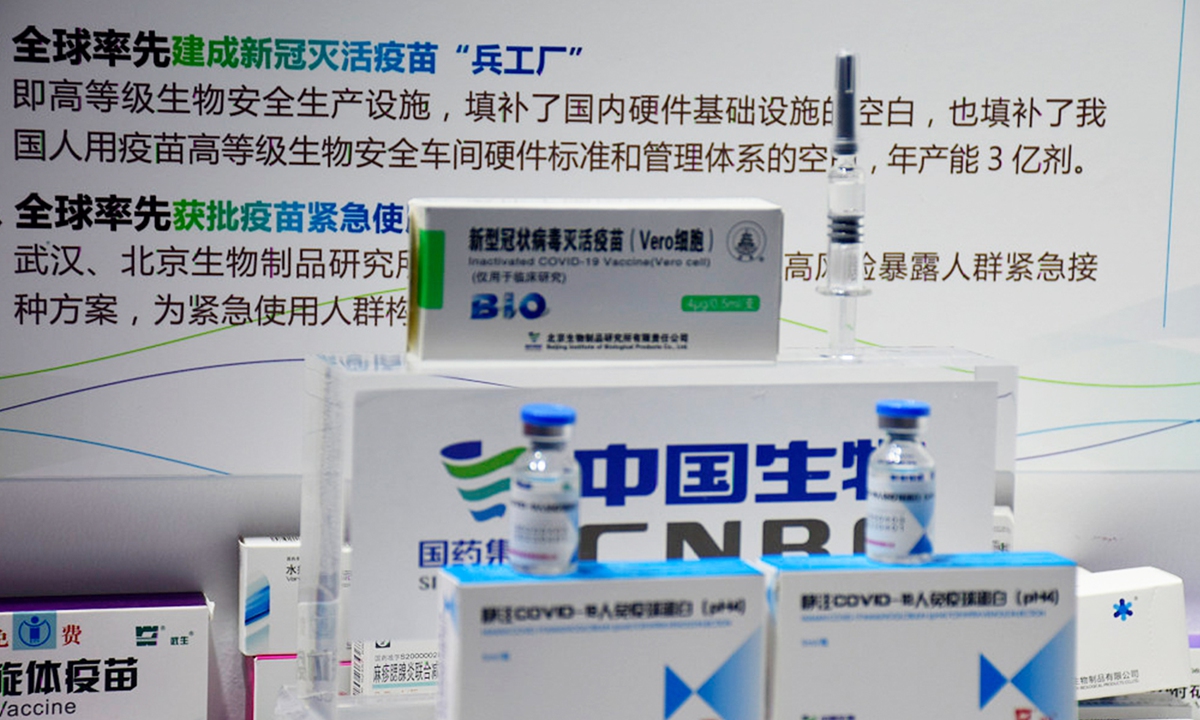
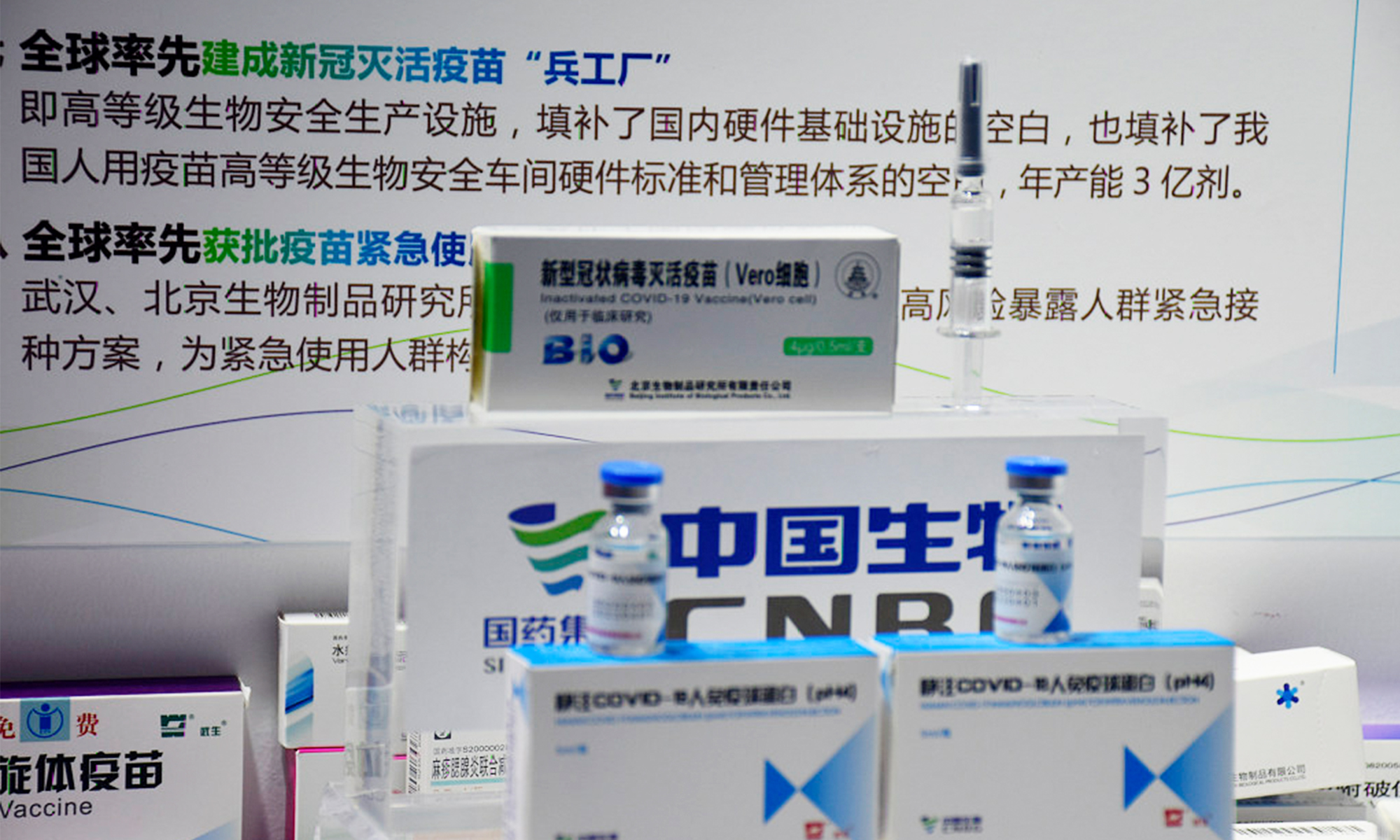






 Consider these bizarre facts: the pandemic is claiming more than 4,000
deaths daily in the United States; digital media like Twitter, YouTube
and Facebook have banned tweets and comments by their own President; all
US stock market indices are still rising, and bitcoin has surged by
27.9% in 13 days.
Consider these bizarre facts: the pandemic is claiming more than 4,000
deaths daily in the United States; digital media like Twitter, YouTube
and Facebook have banned tweets and comments by their own President; all
US stock market indices are still rising, and bitcoin has surged by
27.9% in 13 days.

